
Microsoft's Rollout of Start Menu Ads Sparks User Outrage and Increased Interest in Linux Alternatives
Windows 11 Start Menu Ads: The Backlash Against "Recommendations
NEWS Windows April 25, 2024 Reading time: 3 Minute(s)
Microsoft has officially rolled out its Start menu ads to all users of Windows 11, marking a significant shift in the way the operating system interacts with its user base. These "recommendations", as Microsoft calls them, have sparked considerable controversy, with many users expressing dissatisfaction with the change and social media lighting up with comments advocating a switch to Linux.
The Evolution of Microsoft's Approach to Windows
Since the release of Windows 10, Microsoft has gradually transformed its approach to the desktop operating system. It moved from a traditional paid licensing model to a free upgrade strategy, enticing users to migrate to Windows 10 and subsequently to Windows 11. 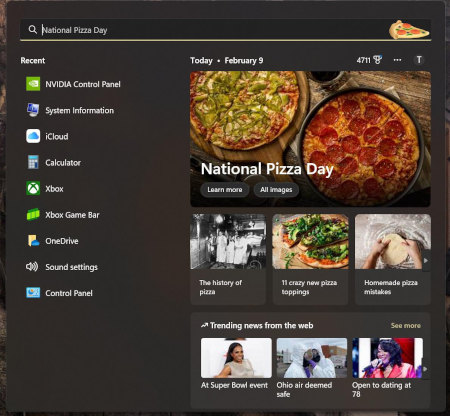 This transition came with a shift toward an always-online OS, requiring a Microsoft account for setup and sign-in. Despite these changes, Windows 10 and 11 have maintained a robust user base, partly due to their broad compatibility with gaming applications and other popular software.
This transition came with a shift toward an always-online OS, requiring a Microsoft account for setup and sign-in. Despite these changes, Windows 10 and 11 have maintained a robust user base, partly due to their broad compatibility with gaming applications and other popular software.
However, the inclusion of Start menu ads in Windows 11 seems to have crossed a line for many users. The "recommendations" appear at the bottom of the Start menu, alongside frequently used apps and files. Although these ads can be disabled through the Settings menu under Personalisation, many users are unaware of this option or unwilling to navigate through multiple steps to remove them.
A User Community in Uproar
Social media platforms and tech-focused forums like Reddit have seen an influx of criticism directed at Microsoft's decision to incorporate ads into a paid operating system. On the r/Windows subreddit, users have voiced their discontent, with many threatening to switch to Linux-based alternatives. This sentiment echoes a broader concern about privacy, control, and the increasing monetization of a product that many have come to rely on for their personal and professional computing needs.
The Linux Alternative
With the backlash against Windows 11's Start menu ads, the Linux community is experiencing a surge in interest. Linux distributions, which are open-source and generally free, offer users a compelling alternative to Windows.  These distributions, like Ubuntu, Fedora, and others, have gained traction not only among tech enthusiasts but also among regular users seeking a stable and customizable operating system.
These distributions, like Ubuntu, Fedora, and others, have gained traction not only among tech enthusiasts but also among regular users seeking a stable and customizable operating system.
It's worth noting that Linux market share has reached an all-time high, breaking 4% of the worldwide desktop OS market earlier this month. While this is still a fraction of Windows' dominance, the growing discontent with Microsoft's recent decisions could lead to further gains for Linux in the coming years.
The Road Ahead for Windows and Microsoft
Microsoft's decision to push forward with Start menu ads may have short-term benefits in terms of revenue generation and increased usage of its ecosystem, but it risks alienating a significant portion of its user base. The reaction to these changes suggests that users are becoming more aware of their alternatives and less tolerant of intrusive advertising in their operating systems.
As the debate continues, it will be interesting to see whether Microsoft's course correction is sufficient to appease users or whether the migration to Linux and other platforms will gain further momentum. The company's next steps could have a profound impact on the future of desktop computing and the balance of power in the operating system market.
IMAGES CREDITS: MICROSOFT / UBUNTU / COVER IMAGE BY PVPRODUCTIONS ON FREEPIK
Windows 11 Start Menu Ads Microsoft Recommendations Operating Systems Linux Privacy Tech Community Technology News RSMax
*Our pages may contain affiliate links. If you buy something via one of our affiliate links, Review Space may earn a commission. Thanks for your support!
CATEGORIES




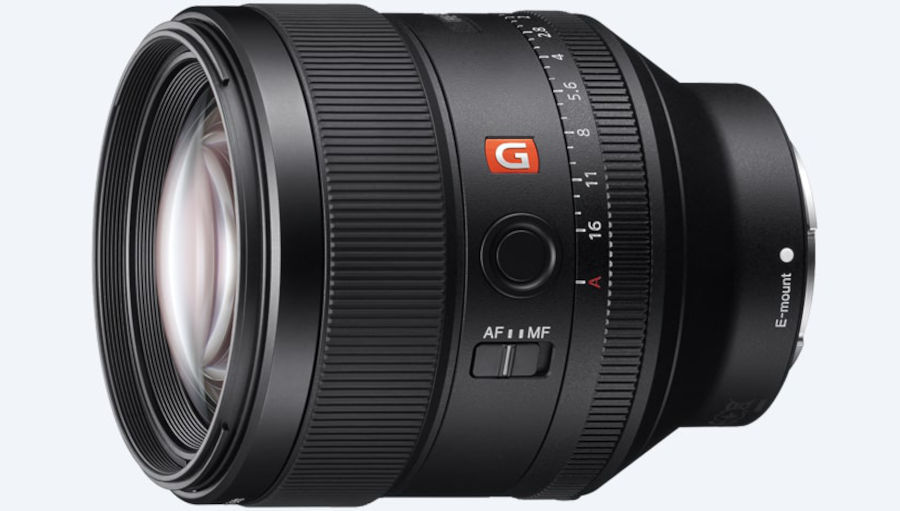
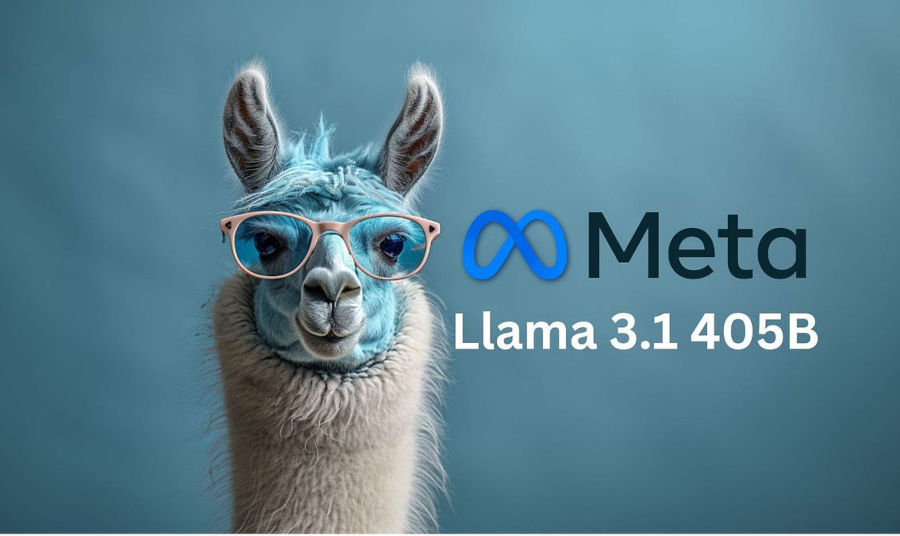
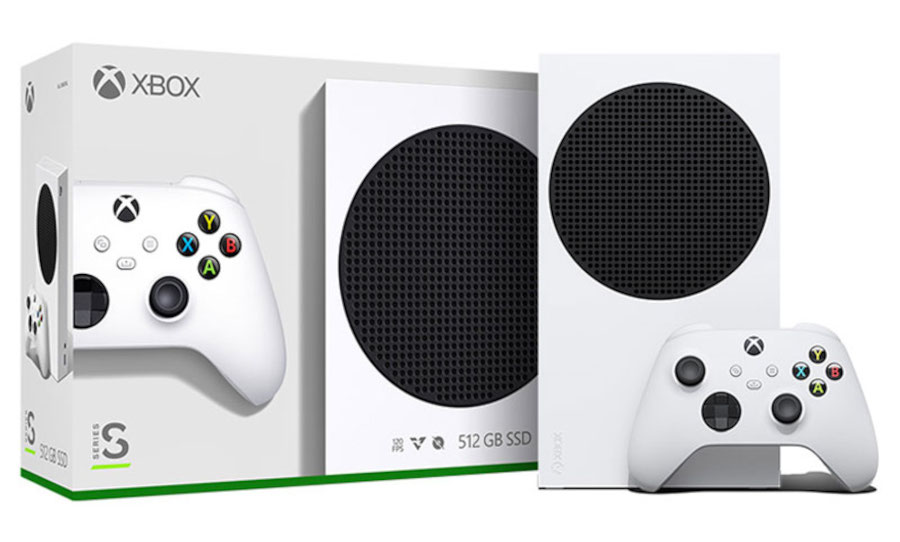
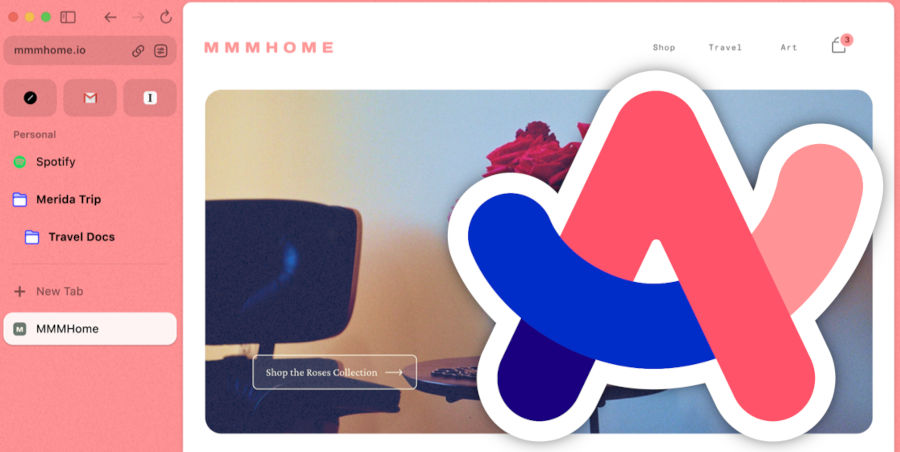



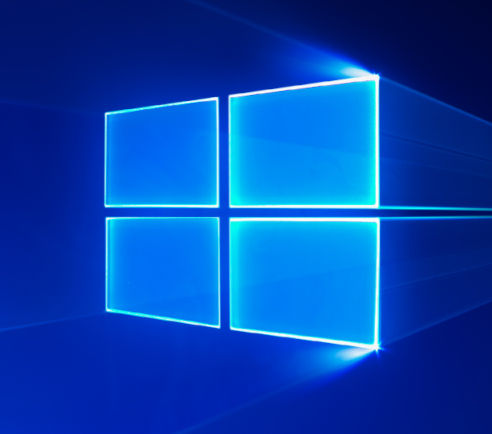







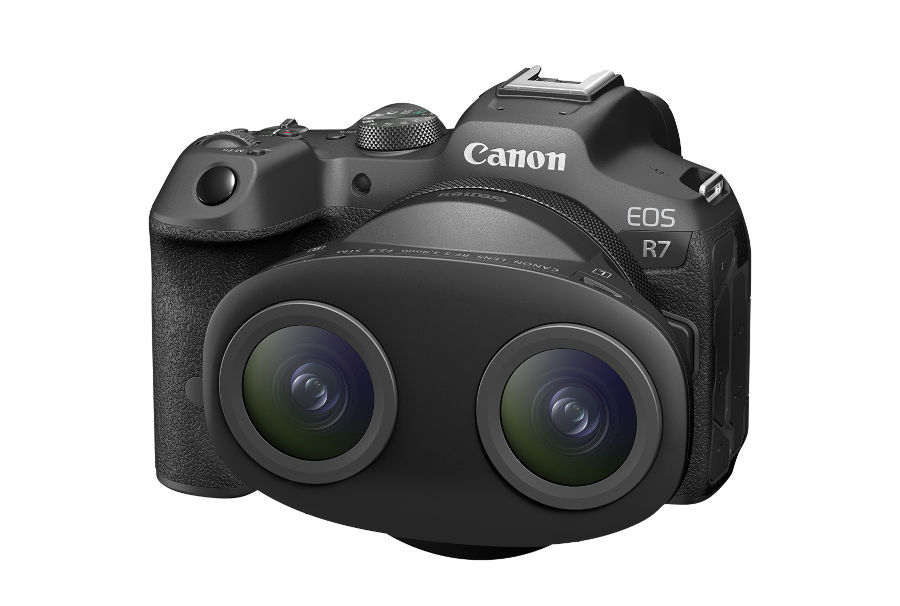
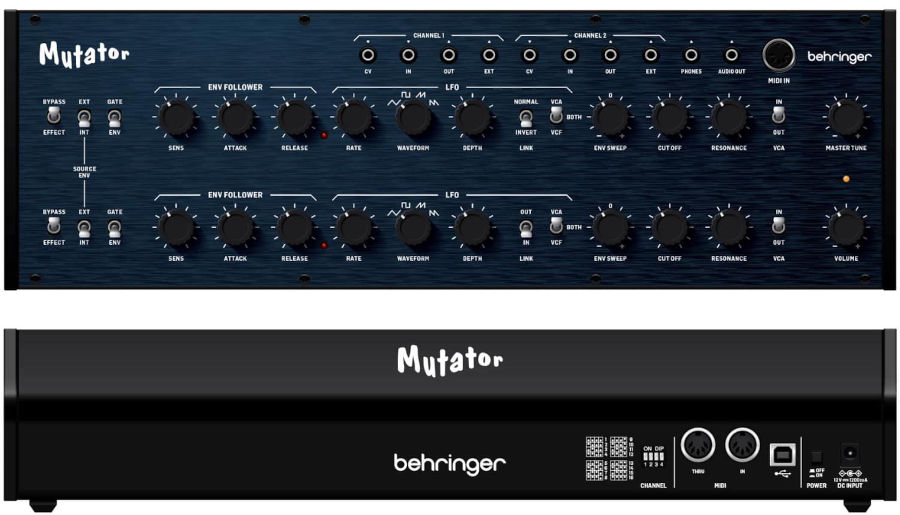




COMMENTS